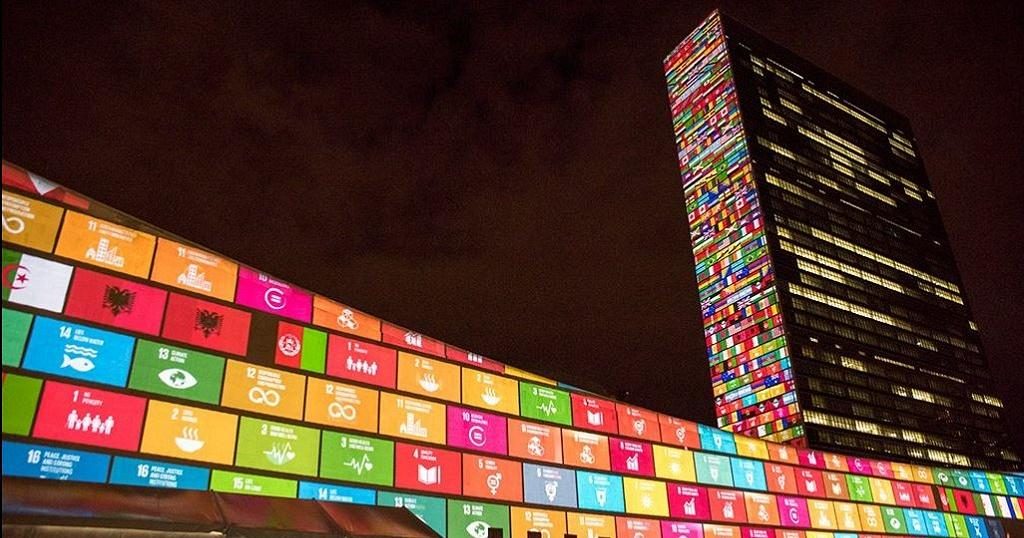Overview and History
Philosophy and Origin of the Upskills Learning Council – ULC Since we advance the Twenty first Century, a number of major challenges face by citizens around the world as they interrelate with one another as individuals, groups, and with nature. Globalization of education, trade and of communications has created a very consistent world. So far the terrific gaps between the rich and the poor continue to broaden both within, and between nations. Sustainable development remains an intangible long-term goal, too often sacrificed for short-term gains.
As per one of the report predicts about 60% of jobs could see at least a third of their tasks automated, while another report claims the half-life of learned skills is now around 5 years. That means what you learnt to get a degree or industry qualification years ago could already be out-of-date. A survey of over 3,000 people uncovered that 78% of employers are more likely to shortlist a candidate who has regularly upskilled.
There is a need to renew curricula at all levels of education with special emphasis on the emerging learning areas, skill is emerging as the new currency across businesses globally. So upskilling shouldn’t just be seen as a nice-to-have – it’s a necessity to keep up with the ever-changing demands in your chosen industry.
In the midst of a rapid and progressive transformation in education across the dimensions—purpose, content, pedagogy and methodologies have paved the way for many sundry challenges.
Today, higher education is posed by various contingencies demanding diverse skill, architecture, innovation and creativity, public-private partnership, to name a few.
It is imperative that higher education offer solutions to existing problems and innovate to avoid problems in the future. Whether in the economic, political, or social realms, higher education is expected to contribute to raising the overall quality of life, worldwide. To fulfill its role effectively and maintain excellence, higher education must become far more internationalized; it must integrate an international and intercultural dimension into its teaching, research, and service functions. But today’s education system is unable to respond to society’s changing needs. In today’s highly competitive job market and corporate environment of cutbacks and redundancies, everyone in the workforce – from high school graduates to top management – needs to upskill constantly to keep up with technological, economic and social changes.
Education is the largest single activity in the world, involving over 1000 million students and 50 million teachers at all levels, not counting millions of others in educational support activities. But its importance stems not merely from its size but also from its role as institutionalized knowledge – the principal repository, producer, disseminator and transmission belt of all forms of knowledge Given the magnitude of the problems at stake and the need to address about the place of developing countries in education and international trade led many of these countries to call for the establishment of a full-fledged organization specifically devoted to tackling these problems and identifying appropriate international actions on educational development besides strengthening the economic cooperation among the intergovernmental bodies and member countries for implementing educational programmes having social, cultural, technical, economic and positive contents for the optimum development.
There is a great need to develop more practical, applied, experience-based education; rethink higher education curricula by identifying opportunities to infuse experience-based and real-world learning experiences and embracing new teaching technologies and techniques; higher education institutions should build alliances with industry partners, share learning and refine strategies.

It is imperative that higher education offer solutions to existing problems and innovate to avoid problems in the future. Whether in the economic, political, or social realms, higher education is expected to contribute to raising the overall quality of life, worldwide. To fulfill its role effectively and maintain excellence, higher education must become far more internationalized; it must integrate an international and intercultural dimension into its teaching, research, and service functions. But today’s education system is unable to respond to society’s changing needs. In today’s highly competitive job market and corporate environment of cutbacks and redundancies, everyone in the workforce – from high school graduates to top management – needs to upskill constantly to keep up with technological, economic and social changes.
Education is the largest single activity in the world, involving over 1000 million students and 50 million teachers at all levels, not counting millions of others in educational support activities. But its importance stems not merely from its size but also from its role as institutionalized knowledge – the principal repository, producer, disseminator and transmission belt of all forms of knowledge Given the magnitude of the problems at stake and the need to address about the place of developing countries in education and international trade led many of these countries to call for the establishment of a full-fledged organization specifically devoted to tackling these problems and identifying appropriate international actions on educational development besides strengthening the economic cooperation among the intergovernmental bodies and member countries for implementing educational programmes having social, cultural, technical, economic and positive contents for the optimum development.
There is a great need to develop more practical, applied, experience-based education; rethink higher education curricula by identifying opportunities to infuse experience-based and real-world learning experiences and embracing new teaching technologies and techniques; higher education institutions should build alliances with industry partners, share learning and refine strategies.